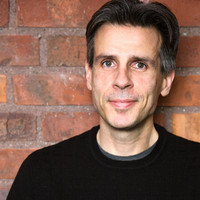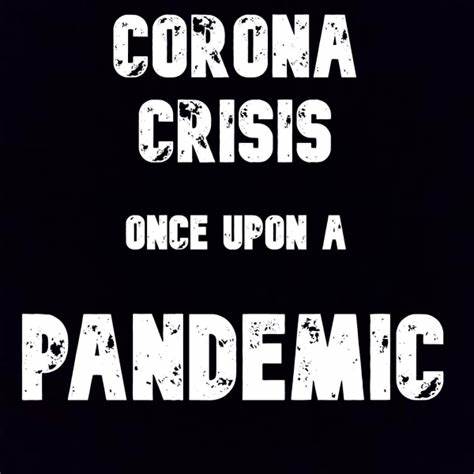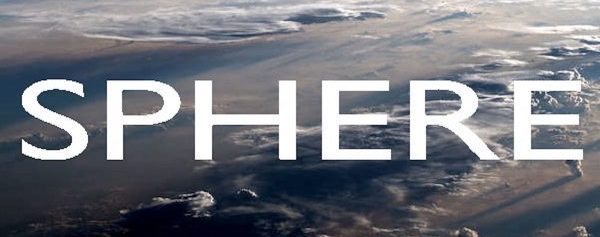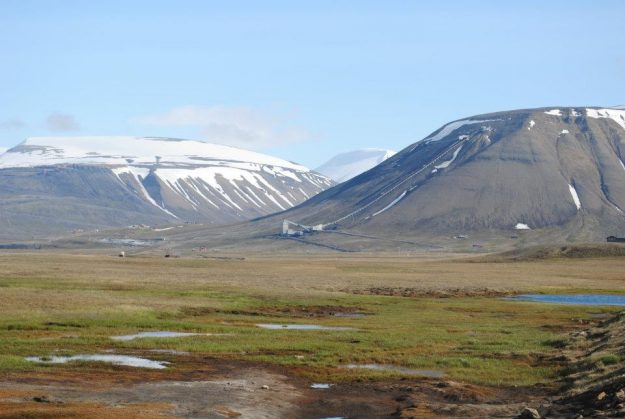Podcasts are great company for a lunch walk, a long commute or doing household chores. By now, a multitude covering all kinds of topics exist. But while some might associate this medium with leisure time, it is actually a great support for reading scientific complex texts. Eric Paglia, researcher in the project SPHERE, uses podcasts to communicate research to a wider audience. We have asked him a couple of questions on his work with podcasts, which he answers in the following.

Could you please tell us about your work with the medium of podcasts?
I actually started producing podcasts before the concept of “podcasts” even existed. I’ve worked with radio since the mid-1990s, initially as the music director and a DJ at a rock station in Stockholm. Then in 2002, directly after the Johannesburg sustainability summit, I launched the program Think Globally Radio to explore my interest in the environment and provide a media platform for sustainable development issues, which was lacking at the time. After each Sunday evening show, broadcast live on the local college radio station, I would upload the program to the website ThinkGloballyRadio.org as a downloadable MP3 file. Many of the hundreds of episodes I produced over the course of some 15 years are still available on that website, as well as on Apple Podcasts, constituting an audio archive that has proven to be very useful in my own academic research. It encompasses a wide range of interviews with leading environmental thinkers, including scientists, scholars, activists, ambassadors and other government officials.
As host of Think Globally Radio, I for example first learned of the concept of the Anthropocene in early 2004 when interviewing Earth System scientist Will Steffen, and in 2006 I discovered the discipline of environmental history during an interview with Prof. Sverker Sörlin. As it turned out, a few years later I began my PhD. training in environmental history with Prof. Sörlin as my supervisor, resulting in a dissertation entitled The Northward Course of the Anthropocene that encompassed research on climate change, the Arctic and the Anthropocene. While writing my dissertation, I often drew upon and even cited the interviews I conducted for Think Globally Radio. So it is safe to say that producing radio programs and podcasts has opened doors and had a profound effect on my career trajectory and intellectual development.
Please tell us about the podcasts you currently produce and why you started them.
The rise of podcasts as a popular form of media has allowed me to pursue and expand upon a range of my research interests. During my doctoral studies I became interested in Arctic issues, and with no other podcasts focused on the politics and science of the polar regions, I launched the Polar Geopolitics podcast. Then when the coronavirus struck Sweden in March 2020, I started the podcast Corona Crisis: Once Upon a Pandemic as a way to make sense of and engage in real time with what was certain to be a world-changing event. That podcast draws on my previous background in crisis management studies, and centers around interviews with leading scholars and practitioners ranging from political scientists, medical experts and others.
The intention behind SPHERE – a podcast on the evolution of global environmental governance is to create a platform to communicate research from the SPHERE project and to develop a free and widely accessible resource for anyone interested in learning about the history of environmental politics and the scientific ideas that structure our understanding of global environmental change. An important component of the SPHERE podcast as it continues to develop will be the oral histories of key actors who have contributed to the scientific, social and political processes that have made the environment and sustainability major international issues over the past half century. It will thus serve as a kind of living, oral history archive consisting of first-hand accounts and analyses from participants as well as historians and other scholars specializing in issues related to the environment and sustainable development.
What goes into producing your podcasts? And what do you, the guests and the listeners get out of them?
As all of the podcasts I currently produce are based on in-depth discussions with different types of experts, each episode generally requires a fair amount of preparation in terms of background research and planning the interview, as well as post-production editing and writing copy for the show notes. This is inevitably a great learning experience for me, and conducting the actual interview—a focused discussion with a leading expert on what is often a highly interesting and timely topic—can be exhilarating. For their part, guests on the podcast appreciate the opportunity to speak at some length about their research—not often the case in traditional media—and apply their expertise to current real-world affairs, while listeners learn a great deal about important contemporary issues that can be of both academic and practical interest.
What makes podcasts useful for research communication to the academic community and in regards to public outreach? Do you recommend working with podcasts in academia more frequently and if so, why?
From my perspective as a researcher with a background in radio, podcasts are an excellent research communication tool and an ideal complement to traditional academic work. Articles in peer-reviewed journals and chapters in edited volumes are often aimed at narrow specialist audiences and can take months or years from the initiation of research to the publication of results that are often behind expensive paywalls. Podcasts, by contrast, are available for free on established platforms like Apple, Google and Spotify, and can be produced relatively rapidly to communicate research at any point in the knowledge production cycle. Although academic peers are among the core listeners of my podcasts, I usually encourage guests to minimize the use of jargon and provide a more popular science-style presentation of their work that is more accessible to a broader audience. In this way podcasts can serve a pedagogical function and contribute to the academy’s third mission of engaging with society and sharing knowledge and expertise with a wide range of stakeholders—including policymakers, the media and the general public—to help address critical societal challenges. This mission is in my estimation more important than ever in such an extraordinary era of global crisis, uncertainty and disruption.
Thank you, Eric!
If you got interested in the aforementioned podcasts, feel free to listen in by clicking on the respective image:









